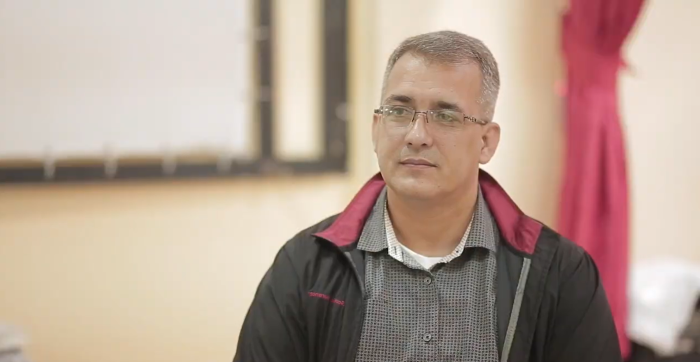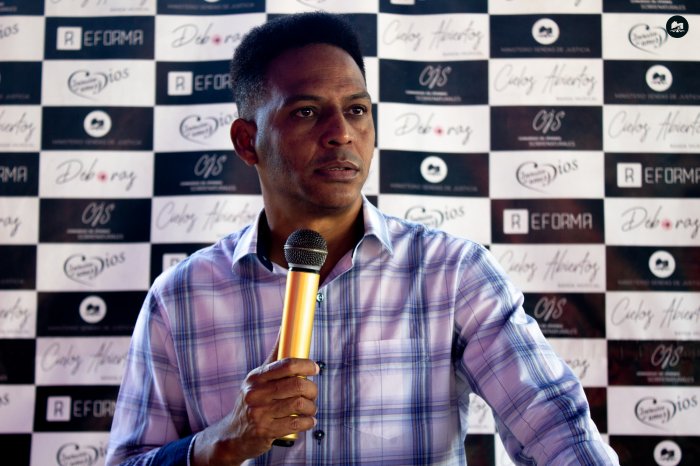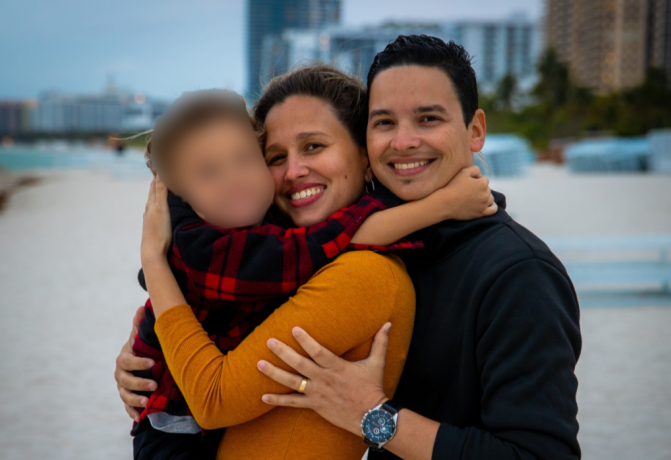It is believed that more than 300,000 people have fled Cuba since nationwide protests swept the country on 11 July 2021. Many of them are religious leaders, journalists, human rights defenders and others who were given no choice but to leave the island under intense pressure from the Cuban government. CSW’s Into Exile series tells some of their stories.
Reverend Yordanys Díaz Arteaga was the pastor of Emmanuel Church, from the Reformed Christian Church of Cuba, a historic denomination with legal registration and a presence in the country since 1943. The denomination was also a member of the Cuban Council of Churches (CIC). Like most other leaders of registered religious groups in Cuba, and especially those in the CIC, Díaz and his denomination enjoyed a degree of religious freedom, provided they line cooperated with and supported the Cuban government.
The pastor and his family began to experience harassment when the reverend began to question the motivations of his denomination for belonging to the CIC. In mid-2019 he was elected president of the denomination, much to his surprise. With the support of pastors in the denomination, he began to make various internal reforms. These were not to the liking Office of Religious Affairs of the Central Committee of the Cuban Communist Party (ORA) and soon thereafter, he received several warnings.
Continue reading “Into Exile: Yordanys Díaz Arteaga “

